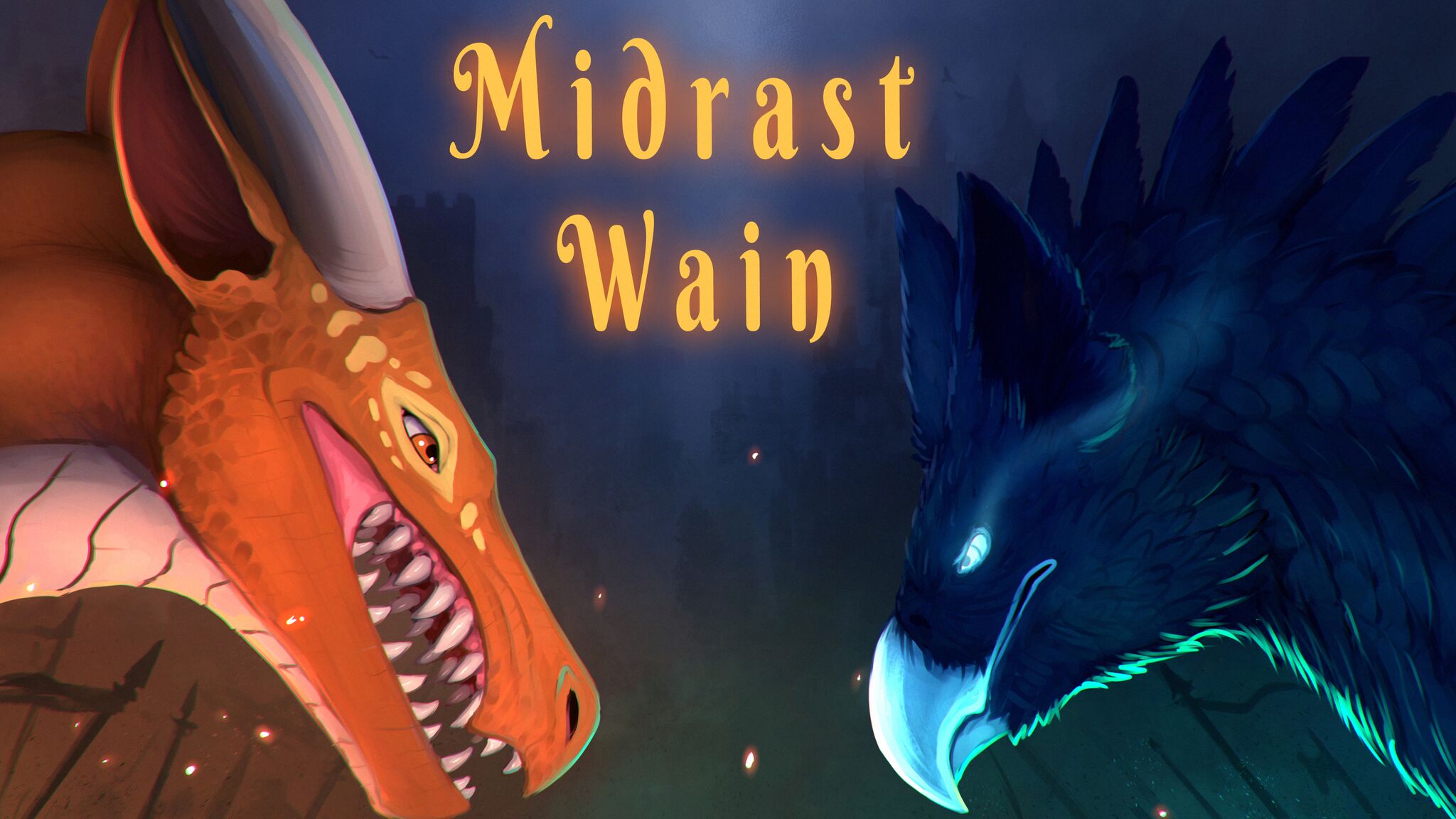Celebration of Passing
... we carry our hearts to the end of Cycle, and bear our responsibilities, our hopes, our Dreams to the next one.
Death is the end for some but it gives strength to those that remain here, today, in thoughts and prayers with all of us.
Let us mourn and celebrate those whose Path reached its destination. Allow their spirits to Pass but keep their memory intact.
Much as my father always said: "Living without purpose is far worse than dying in service of what you believe in."
History
The roots of the Ritual of Passing can be traced as far back as Kateraks go. The day of remembrance underwent transformation as it was absorbed and passed away from species to species, but they all carry with them the essence of both mourning things and people that were lost as well as celebrating the upcoming new Cycle.
It is widely believed that on the very last day of the Cycle, 75th Freezan, the veil between the world of living and Dreamscape is weakest, thus allowing easier communion with those that died throughout the Cycle. Some even believe that Spirits can pass through from Dreamscape and torment the living, or even guide them if they are particularly benevolent.
Execution
Gryphons
For most tribes and families, the Ritual of passing is accompanied with burial of relatives, putting them all to rest symbolically rather than physically. Each gryphon that passed away has its claw, primaries, or other small parts of their body pulled away and kept away safely, while the rest is laid to rest underneath the soil. Only on Celebration of Passing is their last body part - the claw or feather - buried down to ensure that the Spirit of their loved one can pass through to the Dreamscape safely. The rest of the evening is when wild revelries take place instead. Songs of hope, sadness, joy, triumph and reflection are sung and danced by Songweavers and last until the early morning.Fire and Mud dragons
While both races are generally at odds with each other, they share common grounds with honoring the dead. It is preferable for the dead to be set under the soil close to wherever they died, rather than have a designated place for burial - such as graveyards. This sometimes forces the elderly to live further away from the rest of their tribe - just so there is a lower chance that they will pass away in an inhabited area. In extreme cases, they are even forced to move out to the outskirts. For some Fire dragon tribes, the burial by ash is also a possibility and generally a very much preferred way to be laid to rest, especially if there is an active volcano close-by. This involves laying the dead dragon into the lava, to be taken back by the primordial fire. Amidst Mud dragons, It is Patriarch's responsibility to awaken his tribe from hibernation on this day and start alighting the first fires that will burn all throughout the remainder of the old Cycle and into the new one. Both races remember their passed relatives with invoking the names of their loved ones, family members amidst great lit bonfires.Water dragons
Those that pass away amidst Water dragons are rarely remembered unless they were of particular notice. Sadly, the nature of not raising their own offspring leads to much of their culture focused on pursuing great deeds and become noteworthy enough to be granted the boon of a New Name. Still, each dragon of a tribe and even hatchling that never received their first name is recalled on this day, sometimes briefly, other times at length, depending on how many dragons wish to publicly express their thoughts to them. These rituals are commonly performed underwater, yet in places where Water dragons mingle with other draconic species, they can also be honored above the surface.Air dragons
Ancient traditions of Air dragons dictate that each Air dragon passing away is buried with what they treasured most. This can range from shoddy trinkets, favorite toy or festive piece of clothing. Perhaps more than any other species, Air dragons also honor their dead on the Celebration of Passing by also providing their loved ones with food, "gems" and other valuables. It is a core belief that spirits of their ancestors have the exact same desires as the living, so this ritual is a way of sacrificing items for the dead to enjoy. The sacrifice is performed by burning said items. And while some things are too cumbersome to burn properly, their wooden replicas (for example wooden gems, weapons, meat, jewels) are burned instead above the graves of the dead. The skies above each Air dragon tribe give way for a sight of many fires dotting the horizon.Jungle dragons
More connected to spirits than others, Jungle dragons celebrate the Ritual of Passing with a day-long near-silence. It is forbidden to work. It is forbidden to trade (unless absolutely necessary). And most importantly, on this single day, it is forbidden to partake in celebrations and instead be celibate. The extent of how closely these regulations are followed can vary, especially further away from the more traditional Jungle dragon territories or in mixed tribes, but the change in demeanor is very clearly noticeable for everyone that spent any time with them. Songs of remembrance, anthems about historical events, heroes and legends are sung throughout the night and each leading figure of the tribe steps up to announce their personal errors, self-reflections, hopes for new Cycle and finish off their speech with fond memories for those that died this cycle.Observance
Specifically, on 75th Freezan, the very last day of a Cycle, when the day is shortest and night lasts the longest.
Remove these ads. Join the Worldbuilders Guild









Comments